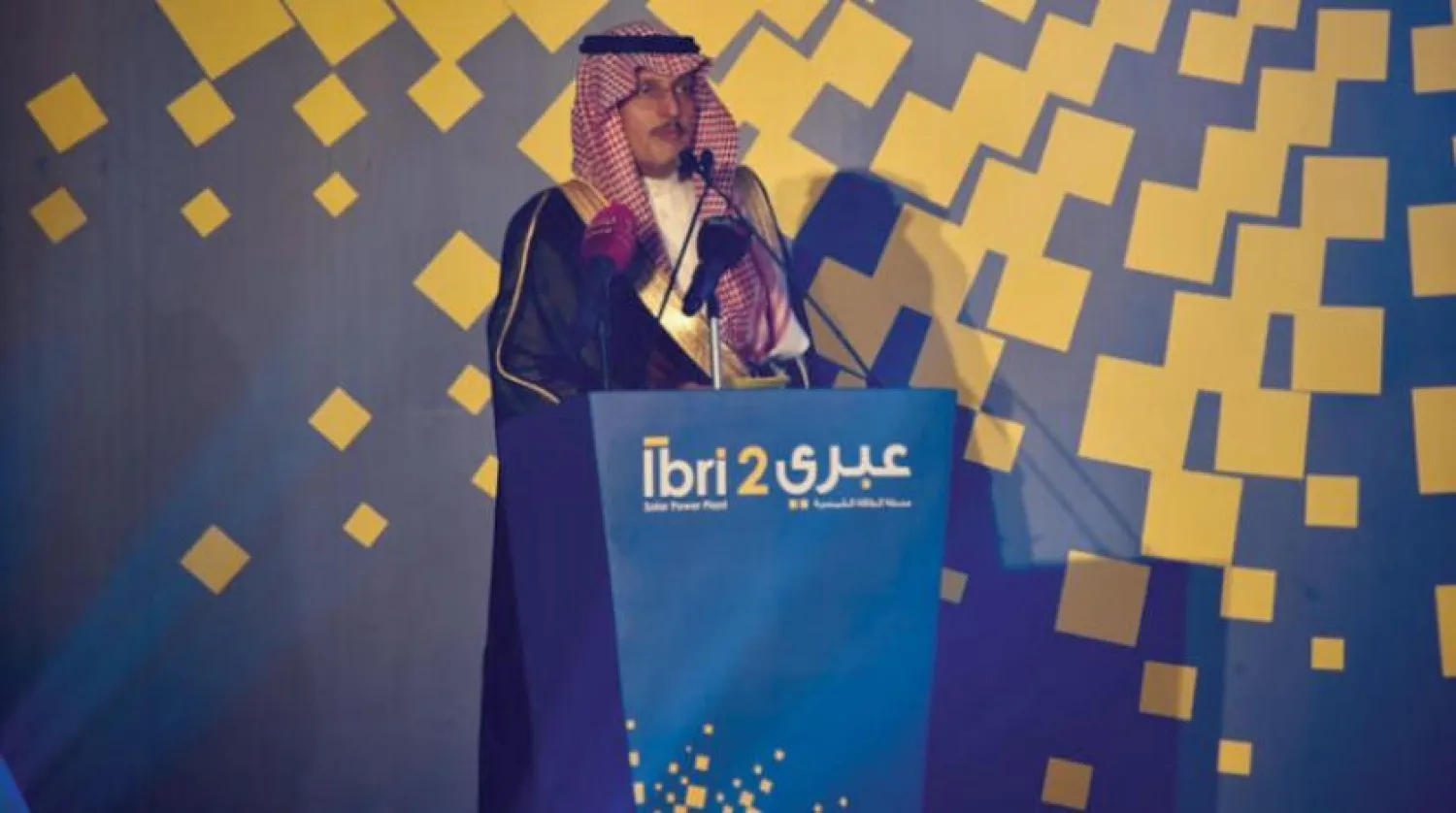Oman inaugurated Ibri 2, the first solar independent power project (IPP) to be launched under the country’s national renewable energy program and connected to the primary national grid.
The project is located in the northwestern governorate of al-Dhahirah with an investment of $417 million, with a capacity of 500MW. It comprises of 1.5 million bi-facial solar panels and extends over an area of 13 million square meters.
The project is a consortium consisting of ACWA Power, Gulf Investment Corporation (GIC), and Alternative Energy Projects Co. (AEPC).
At peak generation capacity, the plant output will be enough to supply an estimated 50,000 homes with electricity and offset 340,000 tones of carbon dioxide emissions a year.
The project will efficiently deliver clean energy to the primary national grid, create tangible socioeconomic value, and contract local start-ups to build mechanical installations.
CEO of Oman Power and Water Procurement Company (OPWP) Yaqoob al-Kiyumi, described the project as a “milestone” and a “remarkable achievement” that delivers on the national priorities set by Oman Vision 2040, which entail environmental conservation, utilization of natural resources, the development of governorates, and the integration of the private sector.
Kiyumi stressed that Ibri 2 would be a turning point for launching similar projects in renewable energy.
He explained that OPWP is currently developing two solar plants in Ad-Dakhiliyah with a total capacity of 1,000 MW and wind projects in North al-Sharqiyah and al-Wusta.
Chairman Mohamed Abunayyan also stated that ACWA Power is proud to play a vital role in supporting Oman’s ambitious Vision 2040 energy transition goals as a company driving the transition globally.
“Since our market entry into Oman in 2011, we have brought in significant foreign direct investment because we believe strongly in its vision and future.”
“As we look ahead, partnerships, and solutions like we have introduced at Ibri 2, will be crucial in solving the real-world problems associated with climate change and ensure that together we realize a greener future,” Abunayyan added.










